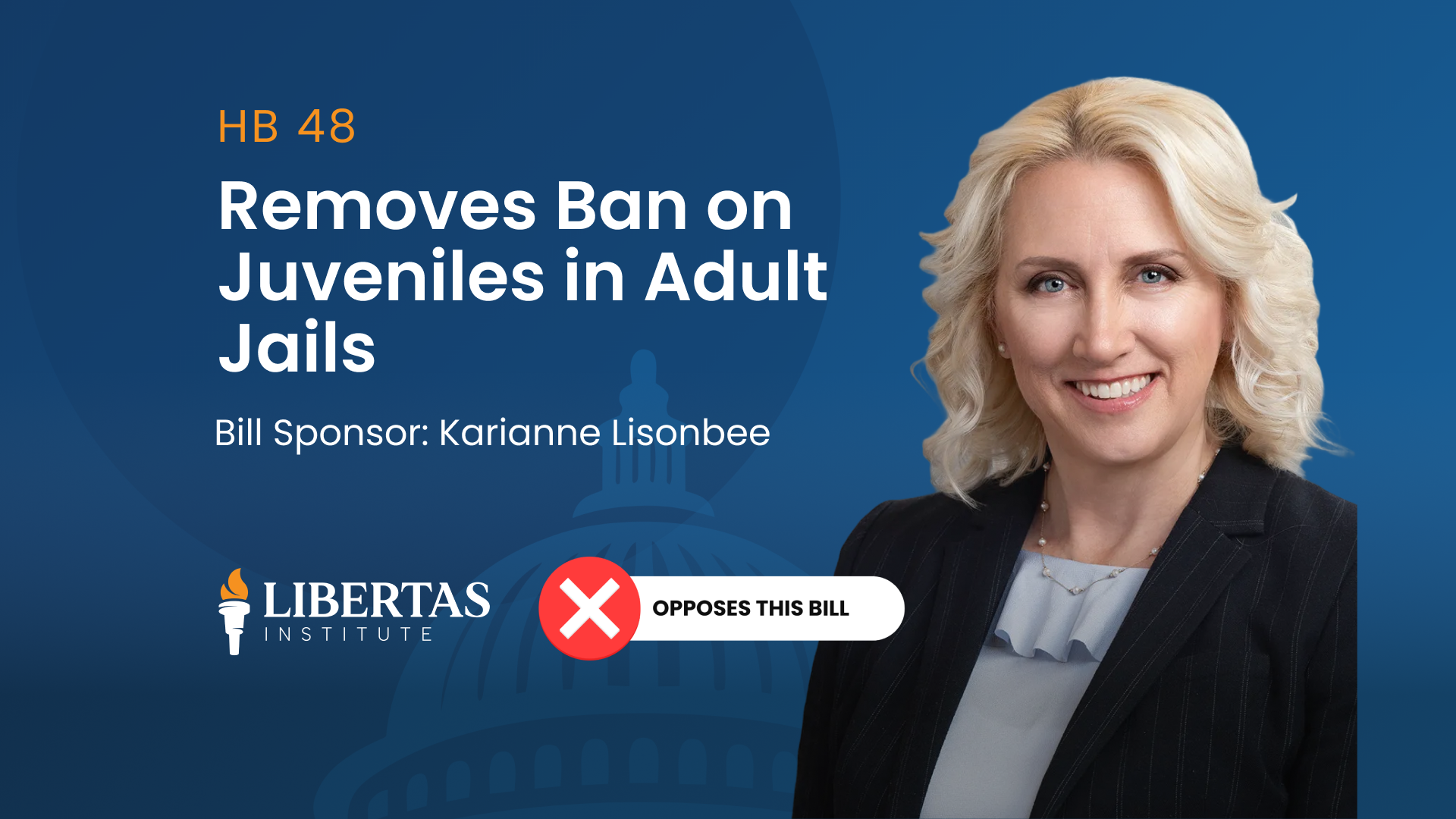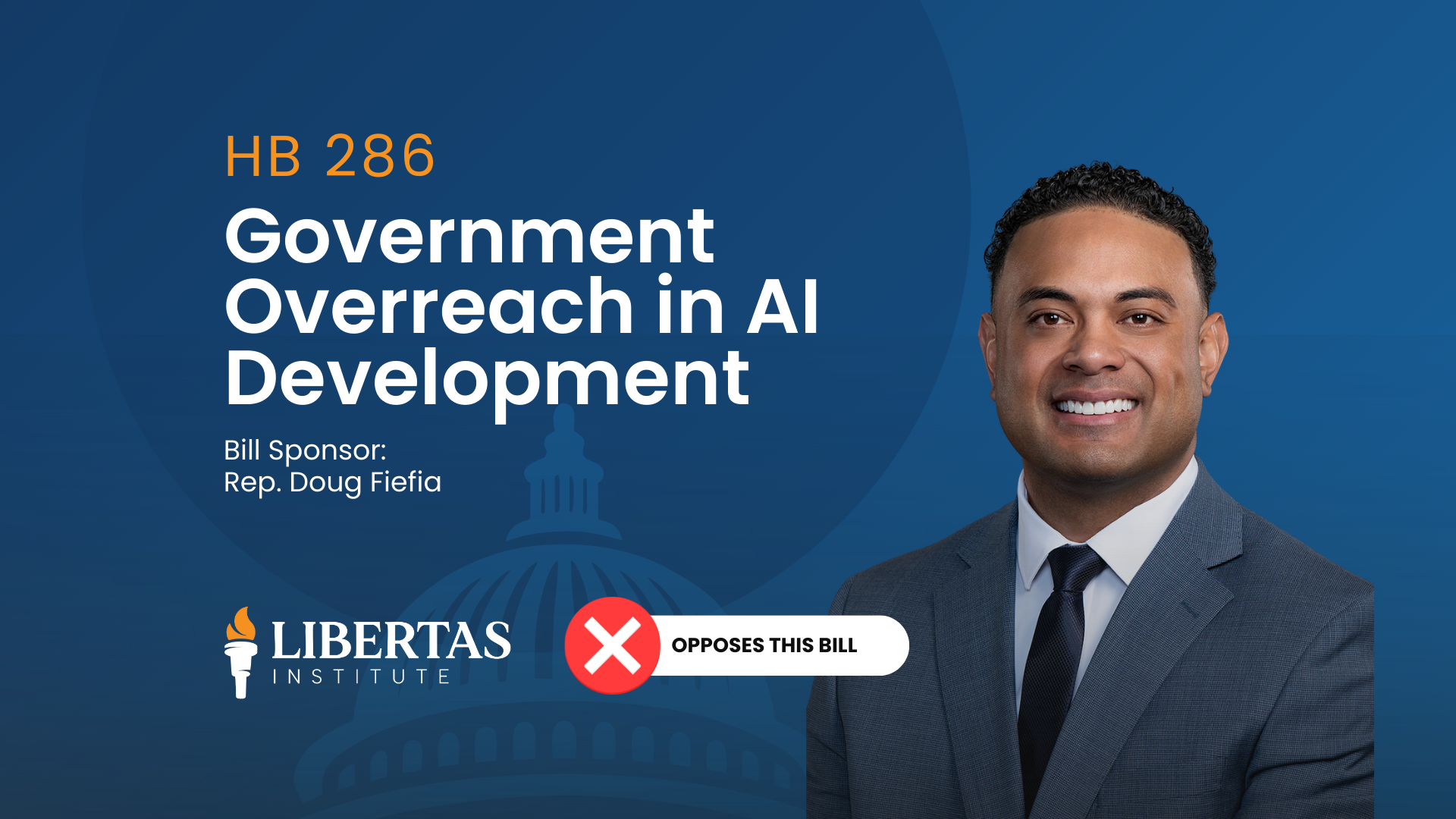This bill failed in the Senate on a 14-15 vote.
Libertas Institute supports this bill.
In 1915, 100 years ago, the Utah legislature banned a wide range of drugs, including cannabis. At the same time, the law specifically legalized possession, use, or sales of these substances “upon the written order or prescription of a physician.”
With respect to cannabis that medical option was rescinded—but one conservative lawmaker wants to go back to the way things were. Senator Mark Madsen has introduced Senate Bill 259 to legalize medical cannabis in the state, along with an industry that can provide products to patients looking for relief, treatment, or potentially even cures to their medical conditions. An example of two people who can benefit from this new law was published in an exclusive interview by Libertas Institute last week.
This bill would enact a number of provisions relating to the production, use, and sale of cannabis, including the following:
- Licenses would be issued to medical cannabis growing facilities, production facilities, and dispensaries to legally conduct business in selling cannabis to individuals with permits to purchase it.
- Individuals who suffer from a qualifying illness, and whose licensed physician provides a signed statement indicating that the individual suffers from the illness and may benefit from treatment with cannabis, will be able to legally obtain and use cannabis.
- The cannabis can be orally ingested, vaporized, or topically applied; it may not be combusted/smoked.
- Individuals will be limited in how much cannabis they can purchase within any given time period.
- No more than one dispensary will be allowed in each county, except for counties with more than 200,000 residents, in which case one dispensary per 200,000 residents will be allowed.
- Child-resistant packaging and clear labeling will be required of all products sold.
- Detailed tracking will be required to monitor seed-to-sale so as to minimize abuse or wrongful access.
- Signage, marketing, and access in any way appealing to or accessible by minors will be prohibited.
- A security plan will be required for licensed cannabis-related facilities, access will be limited, inspections will be allowed to ensure compliance, and other provisions are included to minimize any other problems.
Cannabis is clearly safer than alternative legal substances—even more so than previously thought. A legislature that is almost unanimously supporting “Right to Try” legislation, which would allow terminal patients to access potentially life-saving medication not yet approved by the FDA, should likewise pass this law—do we really want to wait until people are at death’s door before the government steps back ever so slightly?
This bill is about the freedom to choose—allowing a patient and their doctor to determine if the medicinal properties of cannabis might help alleviate, treat, or cure their condition. Speculative concerns about potential misuse of this product does not justify its outright prohibition. We encourage full support of this important legislation.




